More Great Titles from Batsford
tap to read more
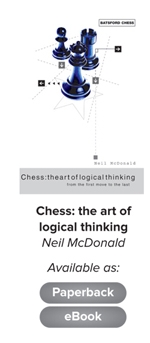
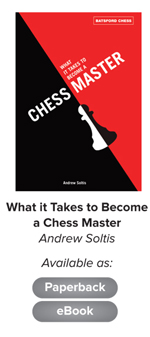
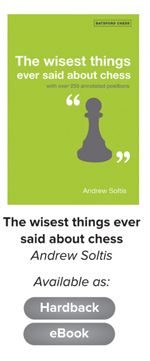

www.anovabooks.com
Improve your Chess in 7 Days
Gary Lane

BATSFORD
First published in the United Kingdom in 2007 by
Batsford
10 Southcombe Street
London W14 0RA
An imprint of Anova Books Company Ltd
Copyright Batsford 2007
Text copyright Gary Lane
The moral right of the author has been asserted.
All rights reserved. No part of this publication may be reproduced, stored in a retrieval system, or transmitted in any form or by any means electronic, mechanical, photocopying, recording or otherwise, without the prior written permission of the copyright owner.
First eBook publication 2013
ISBN 9781849941310
Also available in paperback
ISBN 9781849941310
This book can be ordered direct from the publisher at the website
www.anovabooks.com, or try your local bookshop.
Dedication
For Ryan and Jasmine
Acknowledgements
With thanks to Franois Mertens, Jon Manley
and chess historian Edward Winter for their help
in providing material for the book.
Introduction
The chessboard consists of 64 squares on an 8x8 board. You should make sure that the board is set up correctly by checking that the square on the bottom right hand corner (looking at it from the White players point of view) is light-coloured, which tends to mean white, yellow or beige on most sets.

Each piece is represented by a figurine in commentaries on chess games
 Pawn
Pawn
 Knight or N
Knight or N
 Bishop or B
Bishop or B
 Rook or R
Rook or R
 Queen or Q
Queen or Q
 King or K
King or K
The move of a piece is recorded by the symbol/letter of that piece followed by the square to which it moves. Thus  f3 means that the bishop has moved to the f3 square. In case of a pawn move only the square on which it lands needs to be recorded, for example e4 means a pawn has moved from somewhere to the e4 square. A capture is denoted by an x. Thus
f3 means that the bishop has moved to the f3 square. In case of a pawn move only the square on which it lands needs to be recorded, for example e4 means a pawn has moved from somewhere to the e4 square. A capture is denoted by an x. Thus  xb7 means the queen has taken something on the b7 square and fxe5 means that the f-pawn has captured something on e5.
xb7 means the queen has taken something on the b7 square and fxe5 means that the f-pawn has captured something on e5.
Characters that have a special meaning in chess
?! A dubious move
? A poor move
?? A blunder that loses material or allows a change in the position such as from winning to losing.
!? Interesting move
! Excellent move
!! Brilliant move
+ Check. At the end of the move. For instance:  e2+
e2+
0-0 castling kingside
0-0-0 castling queenside
- Draw agreed
1-0 White wins
0-1 Black wins
Day 1
So you want to improve your chess?
Chess Trivia At Brighton chess club in England during the 1930s, a Mrs Sydney was allowed to bring her dog along but only if the dog joined the club. Later, the dog, called Mr.Mick, was mistakenly picked for the clubs second team. He lost on time....

Chess is fun but it is even more fun when you win!
Though most people will never have enough time to devote to a deep study of chess, it is still possible for anyone to make rapid and significant advances in the game. For example, one way to achieve better results is simply to cut down on your own mistakes while grabbing any opportunity to exploit those of your opponent. Easier said than done, perhaps, but you can train yourself to reach a higher standard by adopting the right attitude.
There is no shortage of chess playing sites on the internet but you should resist the temptation only to play games without thinking and at breakneck speed and thereby learn absolutely nothing. In fact my first words of advice to a friend who wanted to improve was to stop playing for a while. I wanted him to study chess a little before playing again and also record his games so that he could analyse the moves later with plenty of time to think or consult a computer to check on possible mistakes. He had fallen into the trap of playing games on the internet where speed was often more important than accuracy and purposeful play. Sometimes it did not matter if he was losing on position so long as he won on time. He had also been playing offhand games occasionally against the same group of players at the local club, where he had not only picked up bad habits but also failed to identify and learn from his mistakes. Nevertheless his curiosity in chess was further aroused when he discovered there were chess openings with weird and wonderful names such as the Frankenstein-Dracula Attack or the Dragon and great chessplayers such as Bobby Fischer and Garry Kasparov. However real improvement came only when he started to make plans. This, together with a knowledge of simple opening principles, a grasp of tactical themes and key strategies in the most regularly occurring endgames really did produce results. It may sound too good to be true but with a little guidance players of every level really can make rapid improvement at chess.
How many moves do you think ahead?
This is the question chessplayers are most frequently asked by nonchessplayers and our suggested answer is seven. Sure, you could try to impress everyone by saying that the number of moves depends on whether the position is a highly complex middlegame or a mathematically precise pawn endgame with few pieces on the board but why bother? True or false, seven is a good choice. Its a magical number and chess is truly a magical game. And there is no need to feel guilty about the fact that really you can only see one move ahead, whatever the position. History will provide you with reassurance and comfort. As long ago as 1946 the New York magazine Chess Review related what happened when former world champion Jos Capablanca had just lost a game which always caused a sensation because it was such a rare occurrence: in fact during one period of his career he didnt lose for eight years Apropos is the story of the game between the invincible Capablanca and Charles Jaffe, pride of the East Side. Capa forgot he was invincible: he lost. A reporter who was present asked the Cuban, How far do you see ahead? Capa replied impressively, About ten moves. Then the reporter went over to Jaffe: How far do

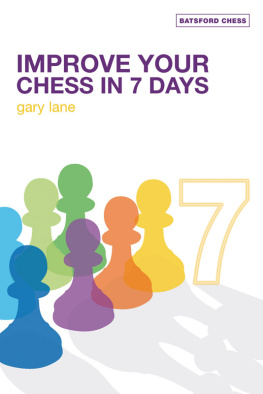
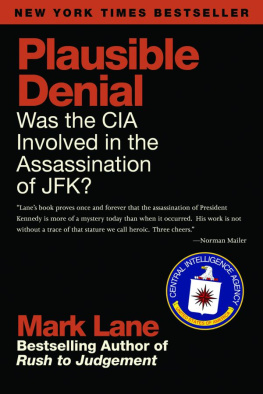




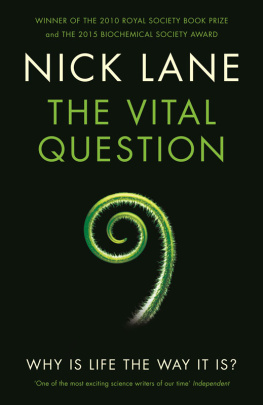
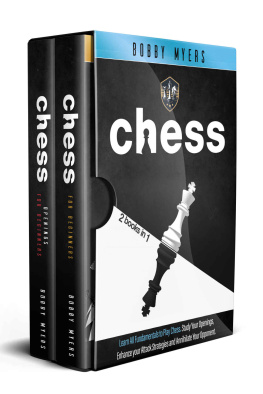
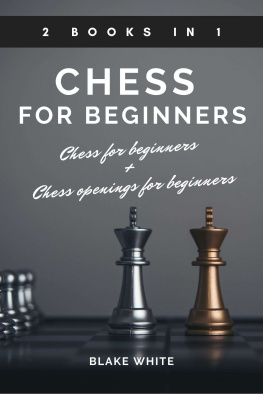
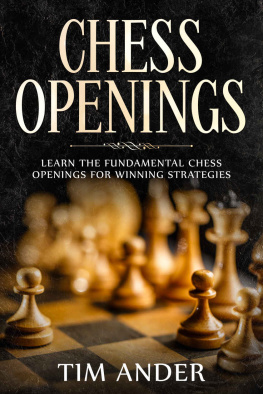
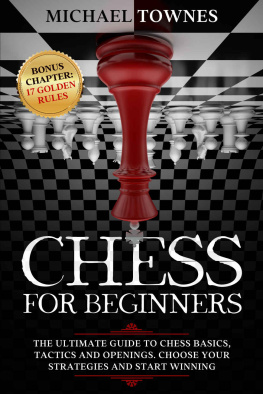
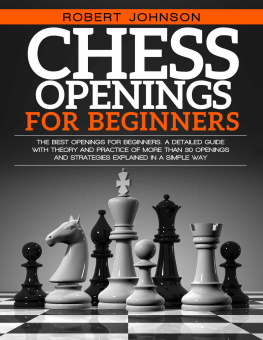
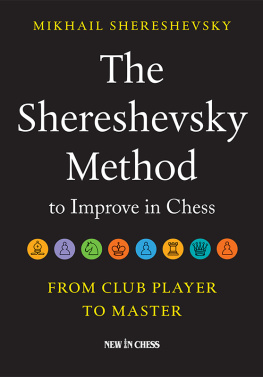
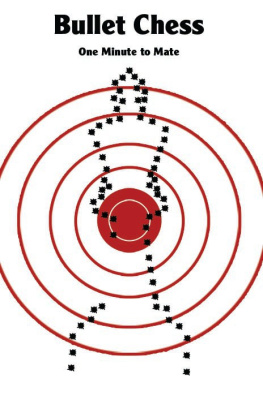
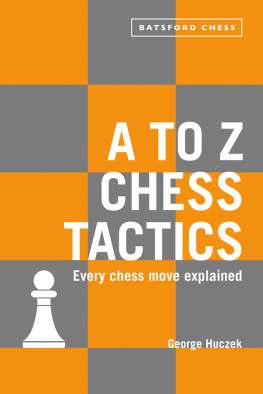

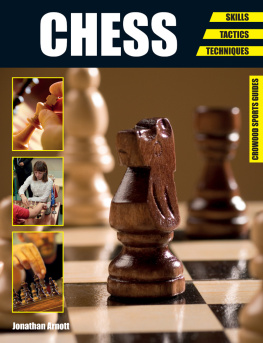
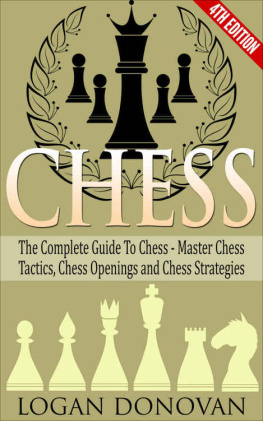






 Pawn
Pawn Knight or N
Knight or N Bishop or B
Bishop or B Rook or R
Rook or R Queen or Q
Queen or Q King or K
King or K